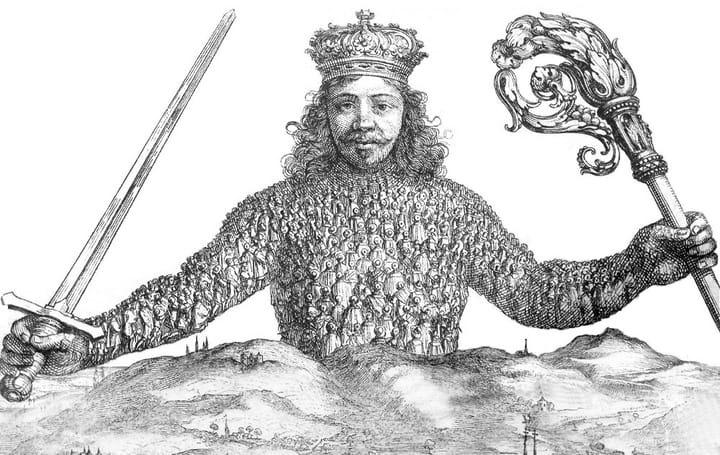AI | The Age of AI is here: Chat GPT 4 + Google's AI, ft. Bill Gates' latest note

Hi All,
This post is a backlog from March as I have been piling up incomplete 'drafts.' This might be outdated but wanted to make a note of one of the first publications by Bill Gates on AI and other relevant references you should pay attention to. Welcome any thoughts as always!
1. Bill Gates' Note on AI

Key Takeaways from Bill Gates' Post:
Revolutionary Technological Demonstrations: Bill Gates highlights two demonstrations of technology that he found revolutionary. The first was the introduction of a graphical user interface (GUI) in 1980, which laid the foundation for modern operating systems like Windows. The second demonstration was the remarkable progress made by OpenAI in training an artificial intelligence (AI) model, GPT, to pass an Advanced Placement biology exam.
The Significance of AI: Gates believes that the development of AI is as fundamental as the creation of the microprocessor, the personal computer, the Internet, and the mobile phone. He envisions that AI will profoundly impact various aspects of life, including work, learning, travel, healthcare, and communication. Entire industries will reshape themselves around AI, and businesses will be distinguished by how effectively they utilize it.
Addressing Inequities: Gates emphasizes the potential of AI in reducing some of the world's worst inequities. He highlights health, education, and climate change as areas where AI can play a transformative role. In health, AI can assist healthcare workers, improve access to medical care in poor countries, and accelerate medical breakthroughs. In education, AI-driven software can personalize learning experiences, provide feedback, and assist teachers. Addressing climate change requires leveraging AI to support the most affected populations and enhance agricultural practices.
Productivity Enhancement: Gates envisions AI as a productivity-enhancing tool that can augment human capabilities. He envisions a future where AI acts as a personal agent, assisting with tasks like scheduling, communications, and e-commerce. Company-wide agents will empower employees by providing real-time information and answering questions. Gates believes that increased productivity through AI will free up people to focus on tasks that require human skills and empathy.
Risks and Challenges: Gates acknowledges the risks and challenges associated with AI. He points out that AI models may struggle with understanding context and can make mistakes or provide inaccurate information. Developers are working to overcome these limitations, but it will take time to address them effectively. Gates emphasizes the need for careful testing, regulation, and addressing concerns related to workforce changes, privacy, and bias associated with AI adoption.
Overall, Gates is optimistic about the potential of AI and highlights its role in addressing global challenges. However, he emphasizes the importance of ensuring that the benefits of AI are accessible to all, and that governments and philanthropy play a role in reducing inequities and mitigating risks.
2. Other relevant references


![AI Foundational Series - Part 2] Machine Learning vs. Deep Learning vs. AGI](https://images.unsplash.com/photo-1601132359864-c974e79890ac?crop=entropy&cs=tinysrgb&fit=max&fm=jpg&ixid=M3wxMTc3M3wwfDF8c2VhcmNofDJ8fHJvYm90c3xlbnwwfHx8fDE3NDMzNTM3Mzd8MA&ixlib=rb-4.0.3&q=80&w=720)
![AI Foundational Series - Part 1] What Is AI? A Historical and Conceptual Overview](https://images.unsplash.com/photo-1677756119517-756a188d2d94?crop=entropy&cs=tinysrgb&fit=max&fm=jpg&ixid=M3wxMTc3M3wwfDF8c2VhcmNofDZ8fGFpfGVufDB8fHx8MTc0MTQ2Mjc5Mnww&ixlib=rb-4.0.3&q=80&w=720)
